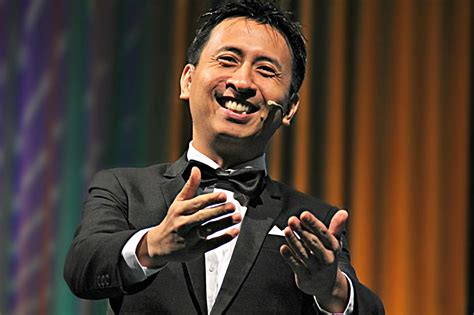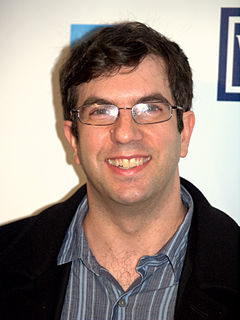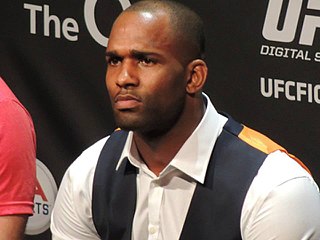A Quote by John L. Casti
To function effectively, the system scientist must know a considerable amount about the natural world AND about mathematics, without being an expert in either field. This is clearly a prescription for career disaster in today's world of ultra-high specialization.
Related Quotes
I just would like to say that over more than a quarter-century as a scientist and a believer, I find absolutely nothing in conflict between agreeing with Richard [Dawkins] in practically all of his conclusions about the natural world, and also saying that I am still able to accept and embrace the possibility that there are answers that science isn't able to provide about the natural world - the questions about why instead of the questions about how. I'm interested in the whys.
We live in a world of nuclear giants and ethical infants, in a world that has achieved brilliance without wisdom, power without conscience. We have solved the mystery of the atom and forgotten the lessons of the Sermon on the Mount. We know more about war than we know about peace, more about dying than we know about living.
The truth is that we don't know much about the spiritual world except for what Scripture tells us, so it's unwise to think we can speak with clarity about what a divine being can or cannot do. The tools of analyzing the natural world are of no use for analyzing the supernatural world. For the latter we need rules of logic, and the supernatural beliefs of the biblical writers are quite defensible in that arena.
Present global culture is a kind of arrogant newcomer. It arrives on the planetary stage following four and a half billion years of other acts, and after looking about for a few thousand years declares itself in possession of eternal truths. But in a world that is changing as fast as ours, this is a prescription for disaster. No nation, no religion, no economic system, no body of knowledge, is likely to have all the answers for our survival. There must be many social systems that would work far better than any now in existence. In the scientific tradition, our task is to find them.
Any chemist reading this book can see, in some detail, how I have spent most of my mature life. They can become familiar with the quality of my mind and imagination. They can make judgements about my research abilities. They can tell how well I have documented my claims of experimental results. Any scientist can redo my experiments to see if they still work-and this has happened! I know of no other field in which contributions to world culture are so clearly on exhibit, so cumulative, and so subject to verification.



































